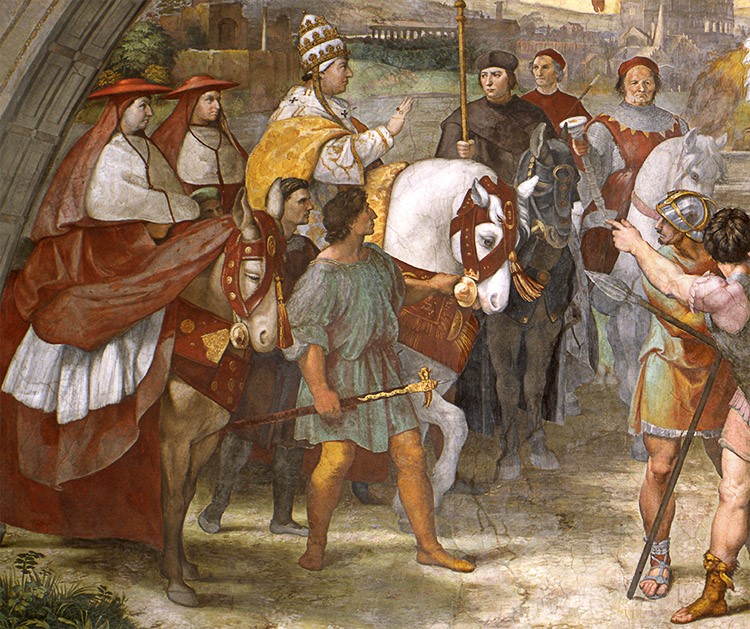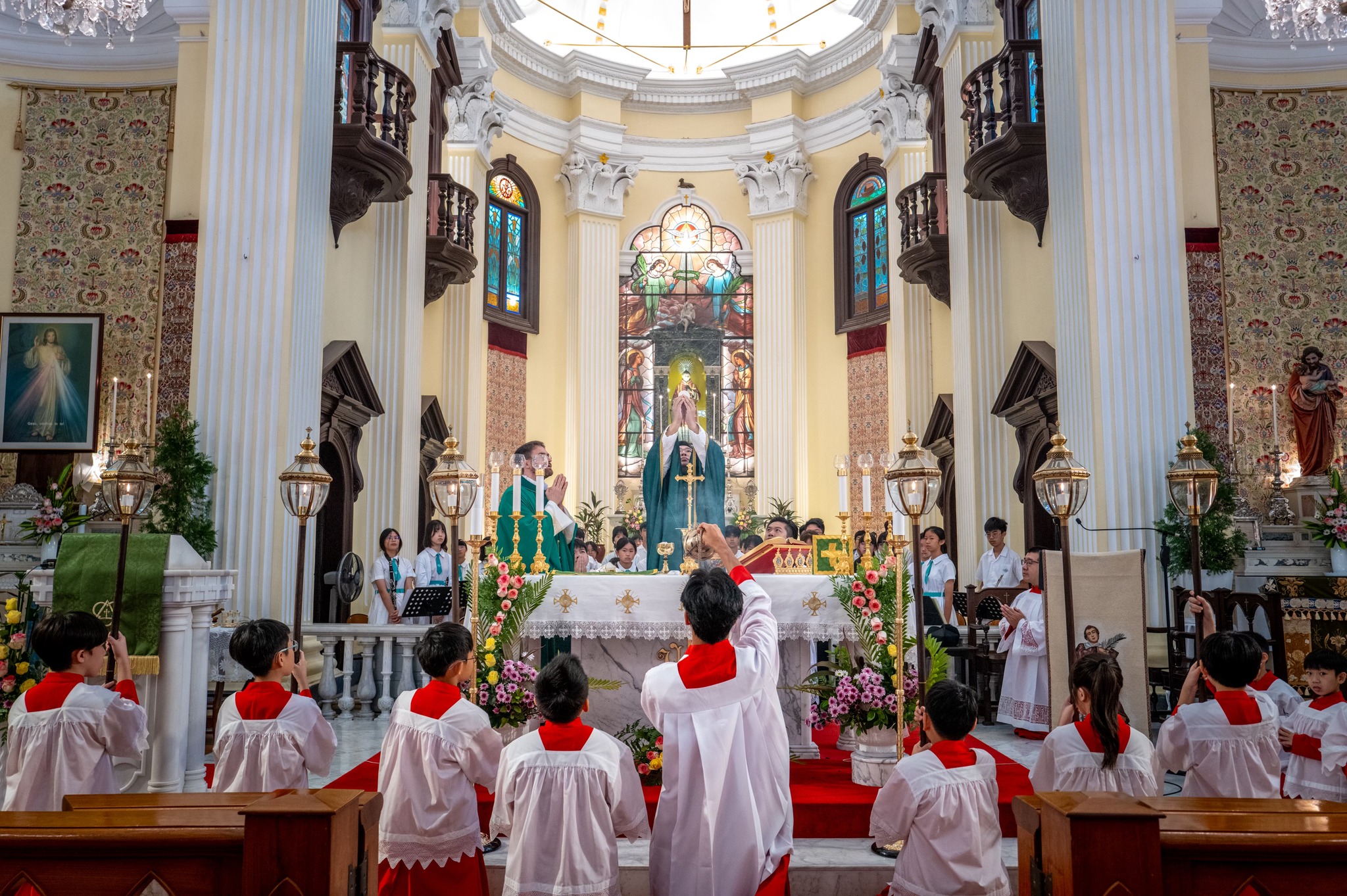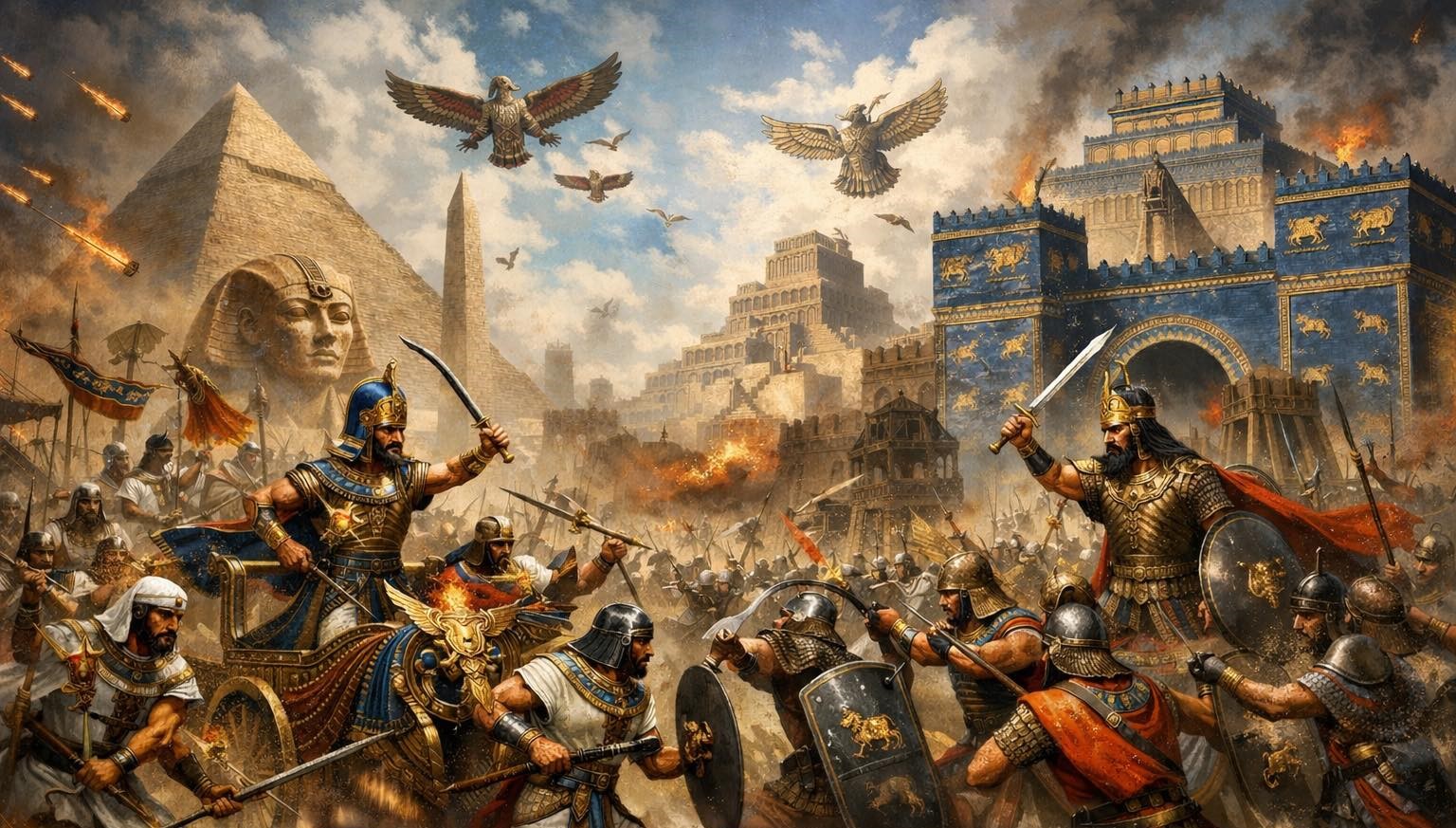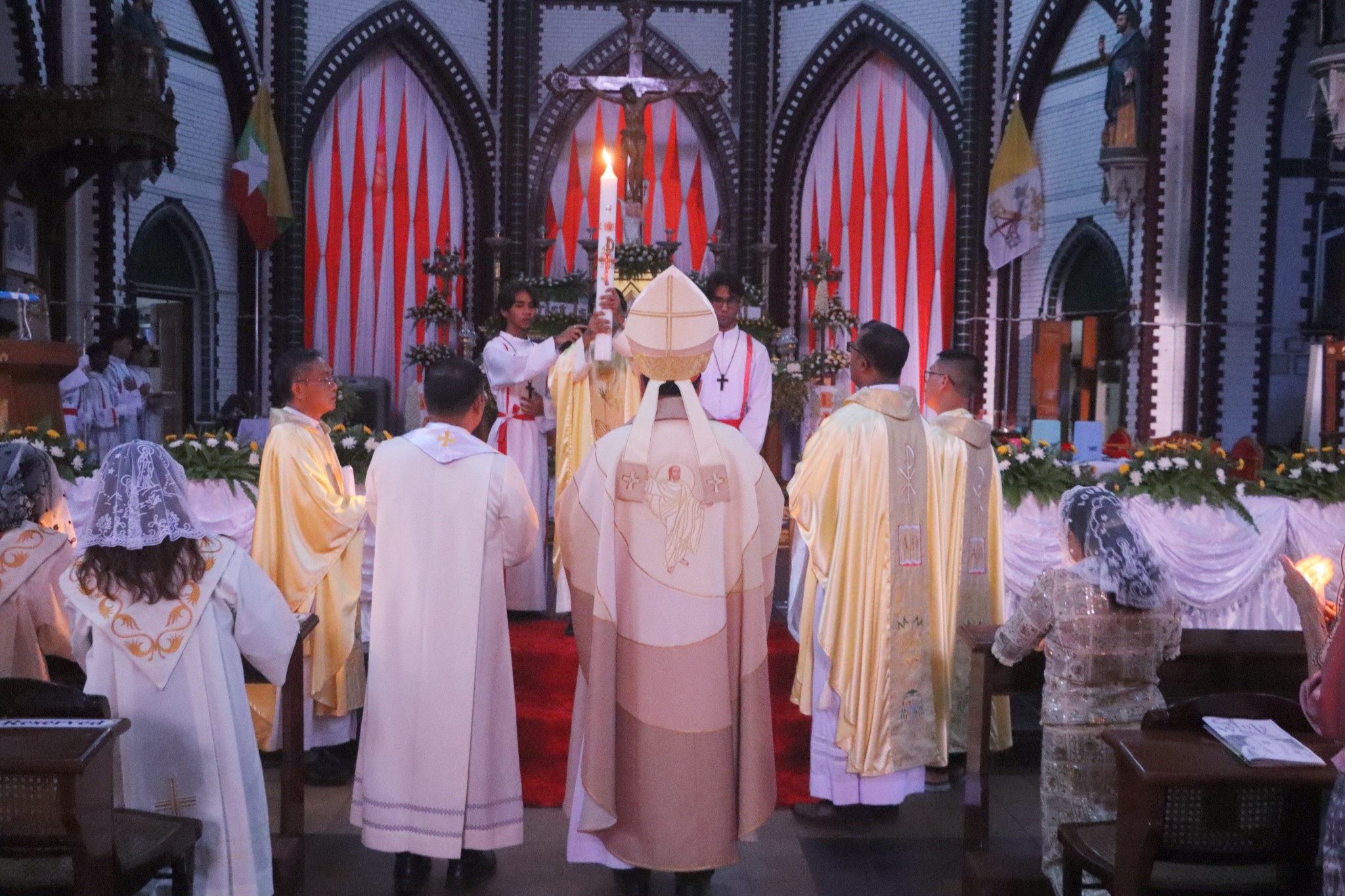Anastasios
The history of the Church has given us all sorts of Popes, from great saints, great intellectuals and also, let us not hide it, to great sinners. One great saint and intellectual was Pope Leo, later called “The Great.” The time of the life of Leo (400-461) they were not without its troubles. The website www.catholic.org tells us that “Pope Leo was deeply dedicated to his service as pope. He saw himself as privileged to sit in the Chair of St Peter, as the servant of the servants of God. He worked diligently as ‘Peter’s successor.’ Over time, Leo became known as one of the best administrative popes of the ancient Church. But he was so much more. During his reign, he tirelessly fought to preserve the unity of the Church and its faith; and to ensure the safety of his people against invasions from armies which sought to destroy the Church and the Christian influence on culture which she brought to bear.
“Pope Leo I … continuously worked to oppose and root out numerous heresies which were threatening the Western Church. Among them were Pelagianism, which involved denying Original Sin and failing to understand the necessity of God’s grace for salvation. At the foundation of the Pelagian error was the mistaken notion that we can perfect ourselves without God’s grace and assistance. The other major heresy threatening the Church was Manichaeism. This heresy denied the goodness of the human body, creation, and even matter itself. It failed to understand the full implications of the Incarnation of Jesus Christ. In fact, it denigrated the human body. In short, it viewed everything material as evil. That denies the very teaching of the Hebrew Scriptures and the New Testament. It also rejects the very heart of the Gospel message. Pope Leo I was a great defender of the orthodox teaching of the Catholic Christian Church and protected the full deposit of faith. The whole Church is still indebted to him for this.”
The fight to defend the truth is certainly one of the biggest challenges for Christians and Popes are in a position of such great responsibility that they have to undertake this mission with more vigor than everyone else. Saint John Paul II in his Encyclical Veritatis Splendor has rightly said: “Called to salvation through faith in Jesus Christ, ‘the true light that enlightens everyone’ (Jn 1:9), people become ‘light in the Lord’ and ‘children of light’ (Eph 5:8), and are made holy by ‘obedience to the truth’ (1 Pet 1:22). This obedience is not always easy. As a result of that mysterious original sin, committed at the prompting of Satan, the one who is ‘a liar and the father of lies’ (Jn 8:44), man is constantly tempted to turn his gaze away from the living and true God in order to direct it towards idols (cf 1 Thess 1:9), exchanging ‘the truth about God for a lie’ (Rom 1:25). Man’s capacity to know the truth is also darkened, and his will to submit to it is weakened. Thus, giving himself over to relativism and scepticism (cf Jn 18:38), he goes off in search of an illusory freedom apart from truth itself. But no darkness of error or of sin can totally take away from man the light of God the Creator. In the depths of his heart there always remains a yearning for absolute truth and a thirst to attain full knowledge of it. This is eloquently proved by man’s tireless search for knowledge in all fields. It is proved even more by his search for the meaning of life. The development of science and technology, this splendid testimony of the human capacity for understanding and for perseverance, does not free humanity from the obligation to ask the ultimate religious questions. Rather, it spurs us on to face the most painful and decisive of struggles, those of the heart and of the moral conscience.”
Even in the most clouded hearts truth can be rediscovered and this is the mission of the Church to always represent the only truth, the one of the Gospel of life, to people of all conditions and all walk of life. That was the mission of Pope Leo the Great: the mission to be a herald for the truth, not to accommodate to the ideology of the word, to mundane conveniences, and to lead people in recognizing the only possible good for our eternal salvation.


 Follow
Follow


